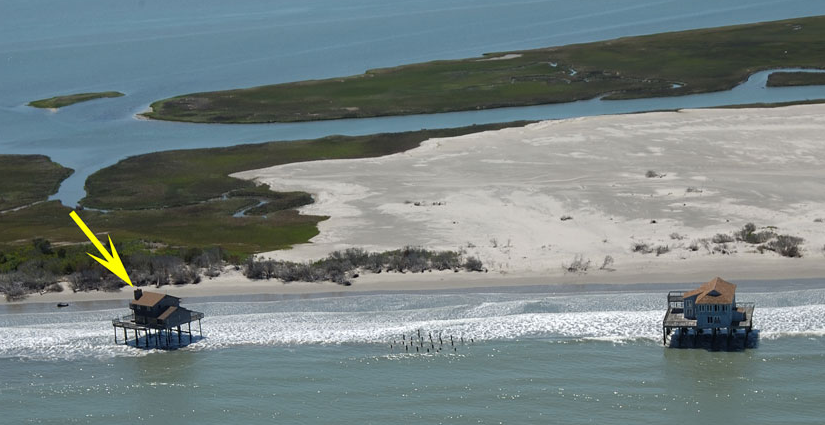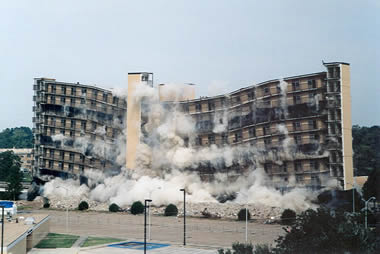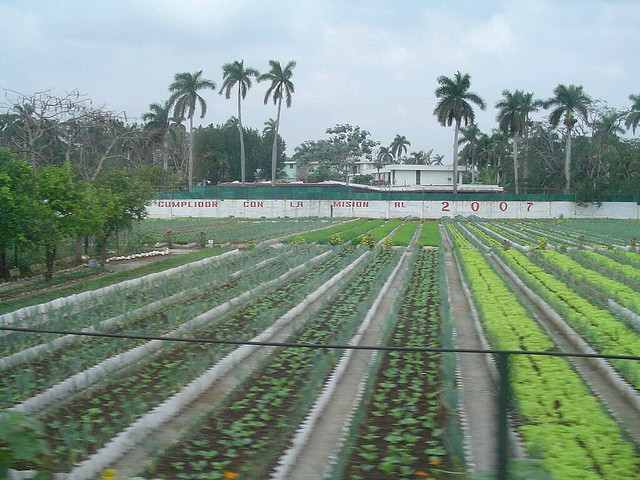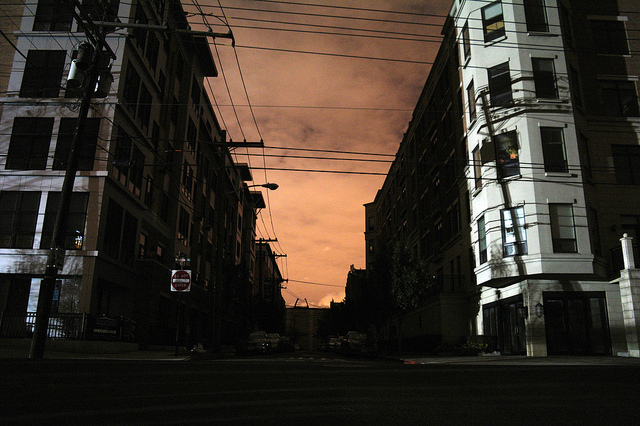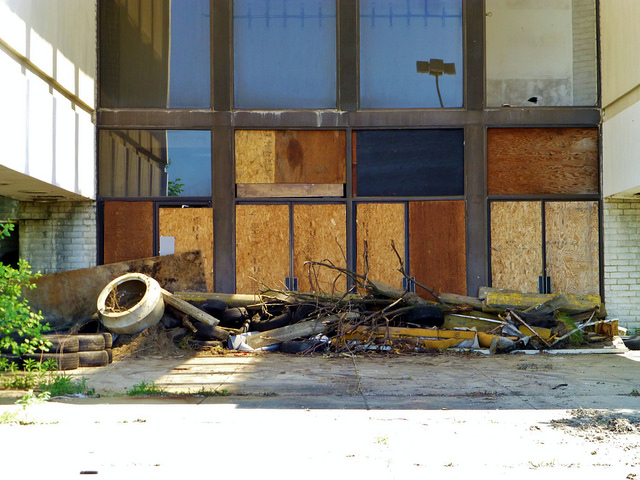Podcast: Play in new window | Download
Subscribe: RSS

What happens when Yemenis have had enough, as they did in 2011. It’s not about which son of Allah you follow, or whether you get to vote; it’s about food and water and fuel. Always. (Wikipedia Photo)
When the nation of Yemen was put on a gurney and trundled down the hall from the global intensive-care unit to hospice, it was in pretty bad shape. The United States runs the ICU, of course, and has only two treatments to offer, whatever the symptoms presented: massive injections of cash, or invasion surgery. The outcomes are universally terrible, and have been since about 1950, but no one seems able to think of another approach. That may have something to do with the quality of diagnosis: a patient who is starving and dehydrated is unlikely to respond well to either a high-pressure currency infusion or a brain transplant. Continue reading
